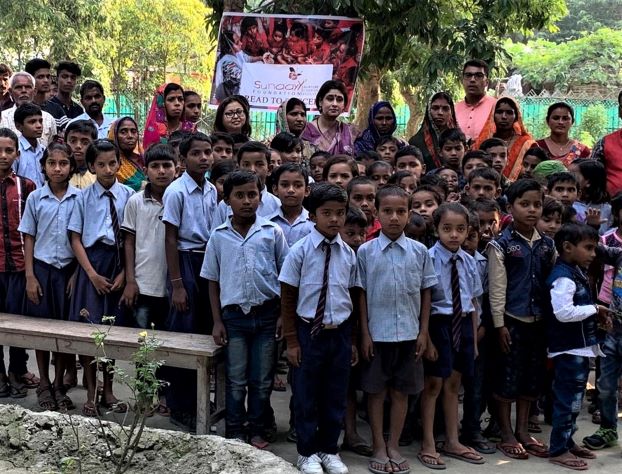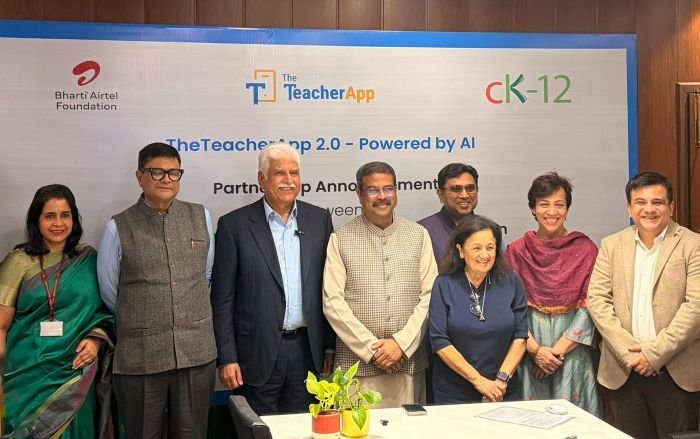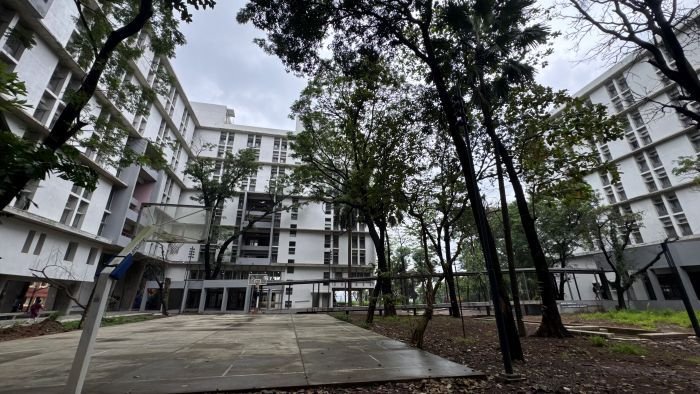
The Union Budget 2024-25 presented on July 23 for education sector didn’t reflect any change from the interim budget presented earlier this year on February 1. Everything is same as in the interim budget. Actually, what is baffling most analysts is that most of education budget doesn’t come from the main consolidated fund of India but education cess. The cess money funds more than 75% of the flagship Samagra Shiksha scheme.
The failure to prioritize education and increase funds has its impact on ground say activists. “We’re not only failing but falling behind. Washing your hands and leaving education to market is not a good idea for a country like India. In absence of pubic provisioning for school education, there is a massive mushrooming of tuition industry even in villages. Even the poor take recourse to low quality teaching shops. By spending on big ticket projects, you ignore the rest and this has been demonstrated to have an effect on outcomes,” says Prof Praveen Jha, economist and JNU professor.
According to Dr Sukanya Bose, who teaches at the National Institute of Public Finance and Policy (NIPFP), the allocation towards Samagra Shiksha and Midday Meal schemes in real price terms is a flat line for several years now. “Cess money is no substitute to actual budget money and even whatever allocations are there is diversion of funds like PM Shri Schools. Let’s remember the schools chosen for this tag are not new schools but existing model schools which already have infra including teachers. This reprioritization is against the need-based principle. PM Shri Schools don’t constitute even 1% of the schools and then states are cajoled to share 40% of their budgets,” she says while recommending 1.3% of GDP alone on elementary education.
Supporting the argument Prof Anita Rampal, the former dean of education at Delhi University and a columnist says the priority PM Shri Schools get, which are affiliated to CBSE, will reduce the role of state boards and states themselves towards education and this is dangerous. “It happened in case of Navodaya Vidyalayas in the past as well. By making a model, you discount others. Delhi government too did the same thing, spent lavishly on a few schools to make them look ‘shaandar’ and ignore the rest,” she adds.
Unequal allocation, not spending on scholarships is have a cascading effect. When your budget gives such signals, how will states, who have to provide more resources for education take it. “States have to spend more if we are to reach 6% of GDP on education,” says Provita Kundu of CBGA India and also pointing out to higher dropout rate at secondary school stage.
According to Prof Jha, expectations are that the commitment we made to ourselves of quality and inclusive education and gave our children a right to education, must have a benchmarking like compliance to RTE Act. “The best-case scenario is 26% of schools are compliant in a few states which be becomes lesser and lesser as we look at the national picture. There is a need of more provisioning and balancing priorities. And, there are always ways like lowest handing fruits, a couple of percent tax on the wealthy can collect these resources for education with ease,” he adds while reasoning a balance between infrastructure investment and revenue expenditure is a must so that vacancies of teachers are filled with trained teacher and not just like teachers.
The way forward in words of Bose is to go towards universalization secondary education and have a road map for raising resources. Participatory framework of budgeting, discussion, accountability, info sharing, auditing of schemes and creating evidence through data is very important.
(The inputs for the story are taken from a webinar on budget organized by RTE Forum on July 30)







